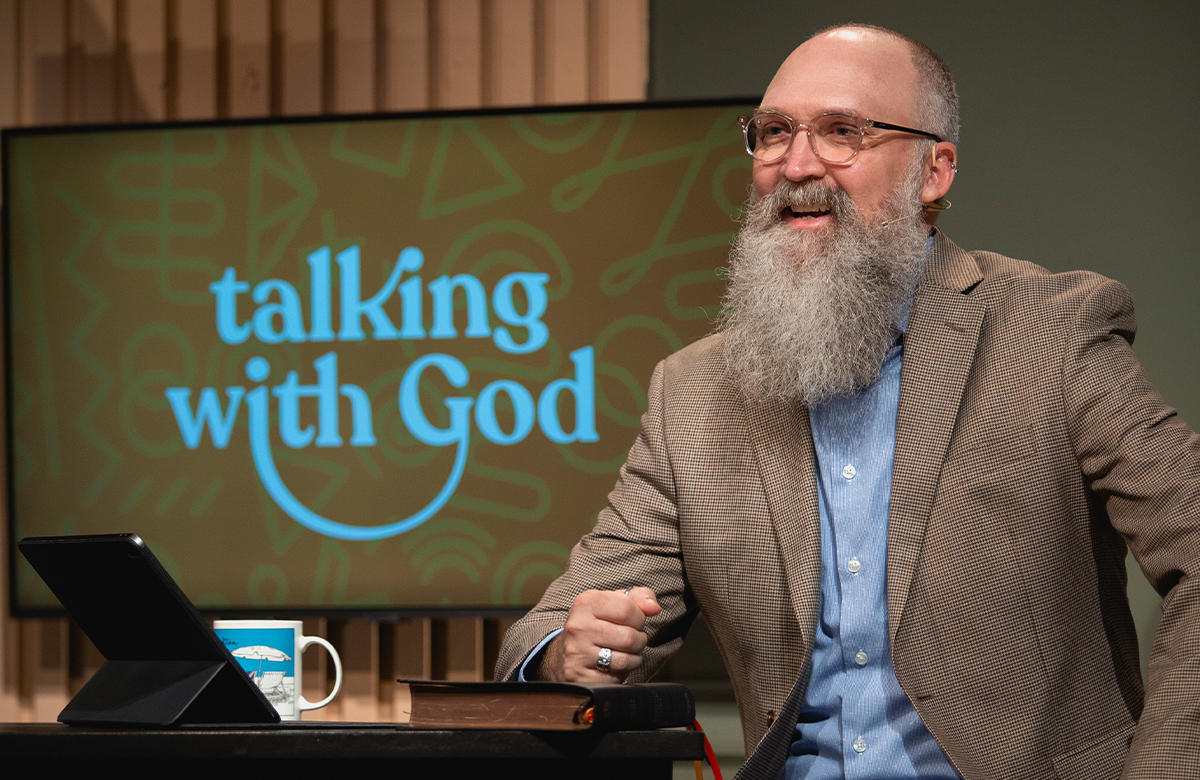
Esther
Esther
Who wrote it?
The book of Esther does not specifically name its author. The most popular traditions are Mordecai (a major character in Esther), Ezra, and Nehemiah (who would have been familiar with Persian customs).
When(ish) was it written?
The book of Esther was likely written between 460 and 350 BC.
Why was it written?
The purpose of Esther is to display the providence of God, especially in regard to His chosen people, Israel. The book of Esther records the institution of the Feast of Purim and the obligation of its perpetual observation. Esther was read at the Feast of Purim to commemorate the great deliverance of the Jewish nation brought about by God through Esther. Jews today still read Esther during Purim.
Some Key Verses
[quote] When the turn came for Esther the daughter of Abihail the uncle of Mordecai, who had taken her as his own daughter, to go in to the king, she asked for nothing except what Hegai the king’s eunuch, who had charge of the women, advised. Now Esther was winning favor in the eyes of all who saw her.
– Esther 2:15 [/quote]
[quote] For if you keep silent at this time, relief and deliverance will rise for the Jews from another place, but you and your father’s house will perish. And who knows whether you have not come to the kingdom for such a time as this?
– Esther 4:14 [/quote]
[quote] If Mordecai, before whom you have begun to fall, is of the Jewish people, you will not overcome him but will surely fall before him.
– Esther 6:13 [/quote]
[quote] Then Queen Esther answered, “If I have found favor in your sight, O king, and if it please the king, let my life be granted me for my wish, and my people for my request.
– Esther 7:3 [/quote]
A Quick Summary
The book of Esther can be divided into three main sections.
- Esther 1:1-2:18 – Esther replaces Vashti
- Esther 2:19-7:10 – Mordecai overcomes Haman
- Esther 8:1-10:3 – Israel survives Haman’s attempt to destroy them
The noble Esther risked her own death as she realized what was at stake. She willingly did what could have been a deadly maneuver and took on the second-in-command of her husband’s kingdom, Haman. She proved a wise and most worthy opponent, all the while remaining humble and respectful of the position of her husband-king.
Esther’s story is much like the story of Joseph in Genesis 41. Both stories involve foreign monarchs who control the destiny of the Jews. Both accounts show the heroism of Israelite individuals who provide the means for the salvation of their people and nation. The hand of God is evident. What appears to be a bad situation is very much under the control of the Almighty God, who ultimately has the good of the people at heart. At the center of this story is the ongoing division between the Jews and the Amalakites, which was recorded to have begun in Exodus. Haman’s goal is the final effort recorded in the Old Testament period of the complete eradication of the Jews. His plans eventually end up with his own demise, and the elevation of his enemy Mordecai to his own position, as well as the salvation of the Jews.
Feasting is a major theme of this book: there are ten recorded banquets, and many of the events were planned, plotted, or exposed at these banquets. Although the name of God is never mentioned in this book, it is apparent that the Jews of Susa sought His intervention when they fasted and prayed for three days (Esther 4:16). In spite of the fact that the Law allowing their destruction was written according to the Laws of the Medes and Persians, rendering it unchangeable, the way was cleared for their prayers to be answered. Esther risked her life by going not once uninvited before the king but twice (Esther 4:1-2; 8:3). She was not content with the destruction of Haman; she was intent on saving her people. The institution of the Feast of Purim is written and preserved for all to see and is still observed today. God’s chosen people, without any direct mention of His name, were granted a stay of execution through the wisdom and humility of Esther.
Foreshadowings
In Esther, we are given a behind-the-scenes look at the ongoing struggle of Satan against the purposes of God and especially against His promised Messiah. The entrance of Christ into the human race was predicated upon the existence of the Jewish race. Just as Haman plotted against the Jews in order to destroy them, Satan has set himself against Christ and God’s people. Just as Haman is defeated on the gallows he built for Mordecai, Christ use the very weapon that His enemy devised to destroy Him and His spiritual seed. For the cross, by which Satan planned to destroy the Messiah, was the very means through which Christ “by canceling the record of debt that stood against us with its legal demands. This he set aside, nailing it to the cross. He disarmed the rulers and authorities and put them to open shame, by triumphing over them in him” (Colossians 2:14-15). Just as Haman was hanged on the gallows he built for Mordecai, the devil was crushed by the cross he raised to destroy Christ.
What does this mean?
Esther shows the choice we make between seeing the hand of God in our circumstances in life and seeing things as merely coincidence. God is the sovereign Ruler of the universe and we can be assured that His plans will not be moved by the actions of mere evil men. Although His name is not mentioned in the book, His providential care for His people, both individuals and the nation, is evident throughout. For instance, we cannot fail to see the Almighty exerting influence over King Xerxes’s timely insomnia.
Esther proved to have a godly and teachable spirit that also showed great strength and willing obedience. Esther’s humility was markedly different from those around her, and this caused her to be elevated into the position of queen. She shows us that remaining respectful and humble, even in difficult–if not humanly impossible– circumstances, often sets us up to be the vessel of untold blessing for both ourselves and others. We would do well to emulate her godly attitudes in all areas of life, but especially in trials. Not once is there a complaint or bad attitude exposed in the writing. Many times we read she won the “favor” of those around her. Such favor is what ultimately saved her people. We can be granted such favor as we accept even unfair persecution and follow Esther’s example of maintaining a positive attitude, coupled with humility and the determination to lean on God.
[expand title=”Holt, REO Town, and Westside Venues”]
- Take a few minutes to read aloud the Scripture from Esther 1:1-20, Esther 2:1-18, Esther 3:5-6, and Esther 4:13-17. What verses or ideas stand out to you from these passages? What questions do you have? What would you like to remember and apply to your life?
- Like we see in the book of Esther, in our culture we tend to evaluate people based on outward appearance. Do you face this temptation? What’s the danger of this approach to others? How is this different from God’s view?
- Mordecai and Esther trusted in God’s sovereign plan to save the world through the line of the Israelites, even though their circumstances were awful. Have you experienced circumstances that have caused you ask the “why” question to God? Are you willing to be used for God’s purposes, even when you cannot see His bigger plan?
- Consider the unlikely outcome of the Esther story, now that we have the benefit of looking back on it. God preserved His people, and eventually the Savior Jesus was born and came to save. How does this reality increase your confidence in God, and enable you to persevere through trials? Take a few moments to ask God for faith and wisdom, to be able to trust Him and influence others toward Jesus regardless of what’s happening in the moment.
[/expand]
[expand title=”MSU Venue”]
- Take a few minutes to read out loud the Scripture passages from this past weekend from Esther 1-4. What verses or ideas stand out to you from these passages? What questions do you have? What would you like to remember and apply to your life?
- Have you experienced a season where God seems hidden? If so, how did that feel?
- Where do you seek affirmation and regard more than Jesus?
- Looking at Mordecai’s interaction with Haman, what are moments Christians ought to bow down or stand up to authority?
- What does it look like in your life consider the good of others more significant than your own?
- Consider praying for God strength in your weakness.
[/expand]

























